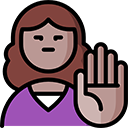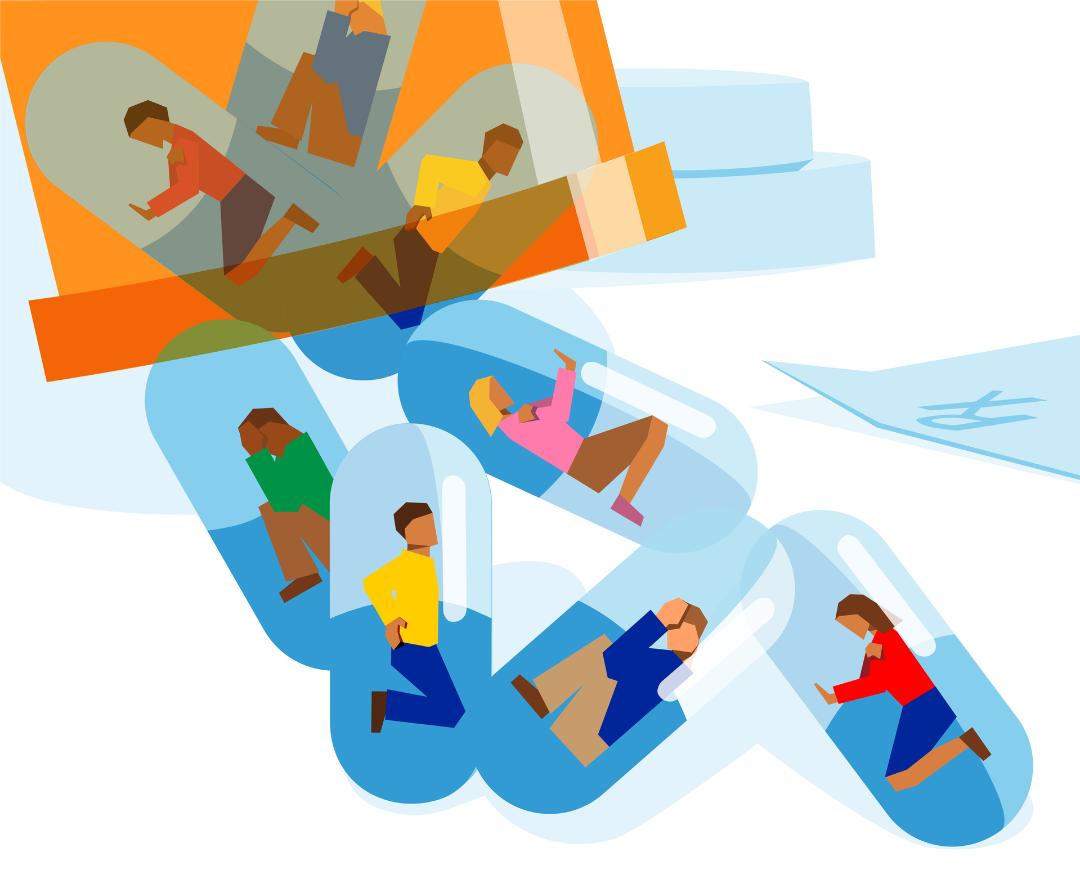What's the Attraction?
By David Teplin
THE PERCEPTION THAT MARIJUANA IS THERAPEUTIC FOR ADHD continues to increase in popularity. Anecdotes from people with ADHD who feel that recreational cannabis use provides therapeutic benefits are common. There is little clinical research to support these claims, however.
Despite an absence of research, there is much chatter online. A relatively recent study looked at the content of online forum threads on ADHD and marijuana use. At least three times as many comments advocated for its therapeutic effects on ADHD compared to comments that cannabis was either harmful, was both therapeutic and harmful, or had no effect on ADHD. (These findings were specific to ADHD. They did not generalize to mood, non-ADHD psychiatric conditions, or general quality of life.)

The study concluded that comments favoring therapeutic effects mostly had to do with the belief that cannabis improved the inattentive symptoms as opposed to the hyperactive-impulsive symptoms of ADHD. Also, while there were relatively few comments comparing cannabis to ADHD medications, many commenters said they considered cannabis “medicinal.”
Although the belief that recreational cannabis is therapeutic for ADHD may be widespread, currently there are no clinical recommendations or evidence supporting this belief. As more jurisdictions legalize cannabis, it remains to be seen whether legalization will also pave the way for systematic clinical research.
 Medical Alert!
Medical Alert!- Taking a prescription medication that is not prescribed for you
- Taking a prescription medication for reasons or in dosages other than prescribed
Test Your Knowledge
Want to learn more about substance use disorder?
Check out CHADD’s FREE on-demand course:
Parent to Parent: What You Need to Know About Substance Abuse, Misuse, Diversion and ADHD



